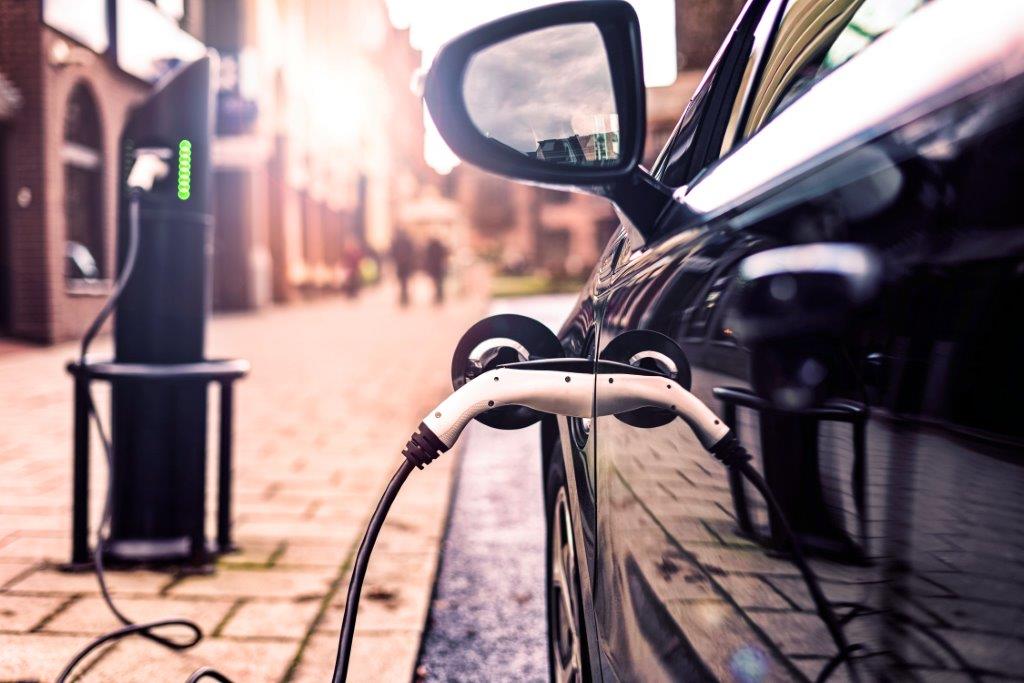
 Posted by leephillips - July 22, 2019 9:23 am
Electric Car Tax Benefits
Posted by leephillips - July 22, 2019 9:23 am
Electric Car Tax Benefits
Is it time to switch to an electric car?
Are you a company car driver looking to maximise your tax savings? Then you need to know about the new rules on zero Emission Vehicles which means that it may now pay to go Electric.
Cleaner vehicles
A recent update from The Treasury has meant that many electric vehicles will be not subject to any benefit in kind tax for the 2020-21 tax year. The measures have been introduced as part of the government’s plans of getting newer, cleaner vehicles on British roads.
Significant savings for company car drivers
The announcement means that there are significant savings to be made for company car drivers, especially those who are paying a higher rate of tax. A company will be able to provide its employees or directors with an electric vehicle with no taxable benefit arising. No taxable benefit means that not only do the employees save tax at their relevant rate, the company itself will have no Class 1A National Insurance to pay.
Zero company car tax rate criteria
The zero company car tax rate will apply to fully electric vehicles and plug in hybrids that emit less than 50 grams per kilometre of CO2 and have a range of at least 130 miles when using purely electric power. There is a slight catch though, as there are currently no plug in hybrids available in the UK which meet this criteria. For the time being, the exemption will therefore only apply to fully electric vehicles.
In the past, the range of electric vehicles has been very limited with only a few different models to choose from, with those that were available having limited range making them less than practical for many drivers. With the demand for electric vehicles increasing year on year, almost all manufacturers now offer a fully electric vehicle as part of their range. This combined with the ever improving infrastructure for charging means that company car drivers should seriously consider replacing their petrol/diesel cars with an electric alternative.
Attractive tax reliefs for companies
Companies can also receive very attractive tax relief on the actual purchase of the electric vehicles. First year capital allowances are available on all cars bought from April 2018 with CO2 emissions of 50g/km or less. The first year allowance allows the company to claim the full purchase cost as a deduction from their profits before tax.
As an example, if a company were to purchase a BMW i3, which currently retails from £34,445, the Corporation Tax saving at the current rate of 19% would be £6,544.
Employee/Director savings
For the employee or director provided with a vehicle the savings are also significant. The example below compares the BMW i3 with one of the UK’s most popular company cars, the BMW 320d.
| BMW i3s Auto | |
| List price | £36,925 |
| Taxable benefit | £0 |
| Tax if basic rate tax payer | £0 |
| Tax if higher rate tax payer | £0 |
| Company Class 1A NIC | £0 |
| BMW 320d Sport Auto (registered after 6/4/2020) – 113 gkm of CO2 | |
| List price | £36,440 |
| Taxable benefit | £10,567 |
| Tax if basic rate tax payer | £2,113 |
| Tax if higher rate tax payer | £4,226 |
| Company Class 1A NIC | £1,458 |
The tax savings which will become available for company car drivers based on the above will be up to £4,226 for the 2020-21 tax year. The company providing the vehicle will also save £1,458 in Class 1A NIC’s. The savings will be even more significant for those who currently have company cars with high CO2 emissions which fall into a higher percentage for calculating the taxable benefit.
First-year Allowance claims
In addition to the above companies are able to claim First-year Allowances for electric charge-point equipment purchased. HMRC have introduced this measure to further encourage the use of electric vehicles with the hope that electric charging points will become a more common feature in the future.
Further rises in zero tax rate for electric cars
The zero tax rate for electric cars is set to rise to one percent from 2021 and two percent from 2022, however this is subject to continued review from the government. Even with this small rise, the savings on offer for both companies and the drivers themselves will be substantial over conventional diesel or petrol powered cars.
Need more help?
If you need any help with the above or would like to discuss the above in more detail please contact your local MFW office who will be pleased to assist you.


